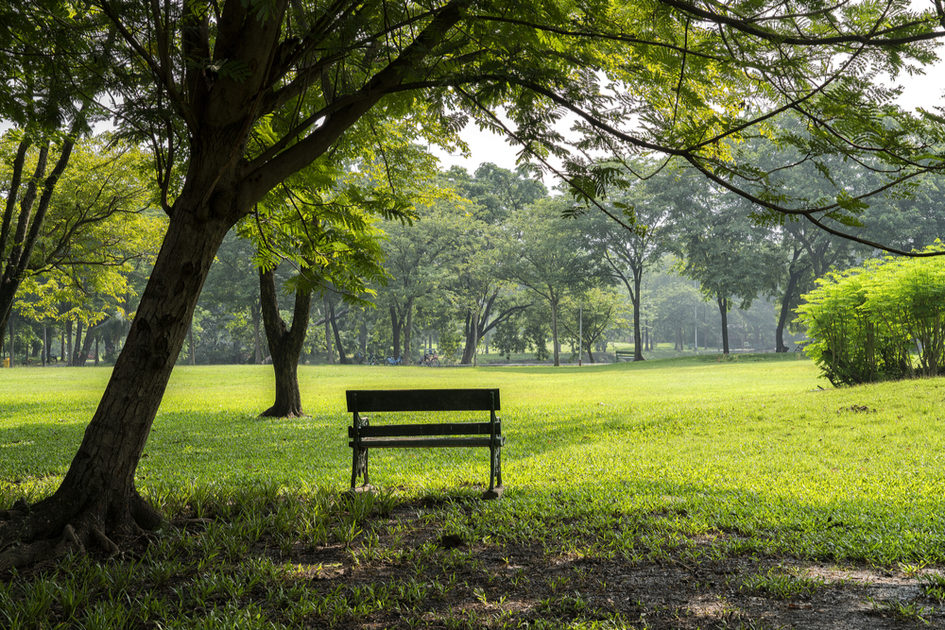The regulation of firearms continues to be an evolving and controversial topic. In People v. Chairez, 2018 IL 121417, the Illinois Supreme Court held that a law prohibiting firearm possession within 1,000 of a public park was unconstitutional.
In particular, the unlawful use of a weapon (UUW) statute (720 ILCS 5/24-1(a)(4), (c)(1.5)) provides that it is a felony for any individual to carry or possess a firearm within 1,000 feet of any school, public park, courthouse, public transportation facility, or residential property owned, operated, or managed by a public housing agency. In 2013, Julio Chairez plead guilty to violating the UUW when he was caught in possession of a firearm within 1000 feet of a public park in Aurora, Illinois. In 2015, he filed a petition seeking to vacate his conviction on the basis that the statute was unconstitutional.
In analyzing whether or not the UUW was constitutional, the Illinois Supreme Court examined the United States Supreme Court’s holding in District of Columbia v. Heller, 554 U.S. 570 (2008). Heller provides that the Second Amendment right to carry firearms is not unlimited. In dicta, the Heller court notes that its holding should not “cast doubt on longstanding prohibitions on the possession of firearms by felons and the mentally or laws forbidding the carrying of firearms in sensitive places such as schools and government buildings.” Id at 627 (emphasis added). The State of Illinois argued that the 1000-foot-rule falls into the category of “laws forbidding the carrying of firearms in sensitive places such as schools and government buildings.” The Court did not agree with the State.
In particular, the Court noted that a 1000-foot-rule covers a “majority of the acreage in the city of Chicago because there are more than 600 parksin the city.” Further, Heller never cited a public park as a sensitive place. As a consequence, the UUW poses a “severe burden on the core Second Amendment right of armed self-defense [which requires the State to show] an extremely strong public-interest justification and a close fit between the government’s means and its end.” The State of Illinois could not meet this burden. As a consequence, the UUW ban on parks was declared unconstitutional.
Note, the holding in Chairez is limited: the Court held only that the 1000-foot-ban on public parks was unconstitutional. The Court did not make any ruling regarding the 1000-foot-ban on schools, courthouses and other locations within the UUW. Nor did the Court make any ruling regarding carrying firearms in a public park.
